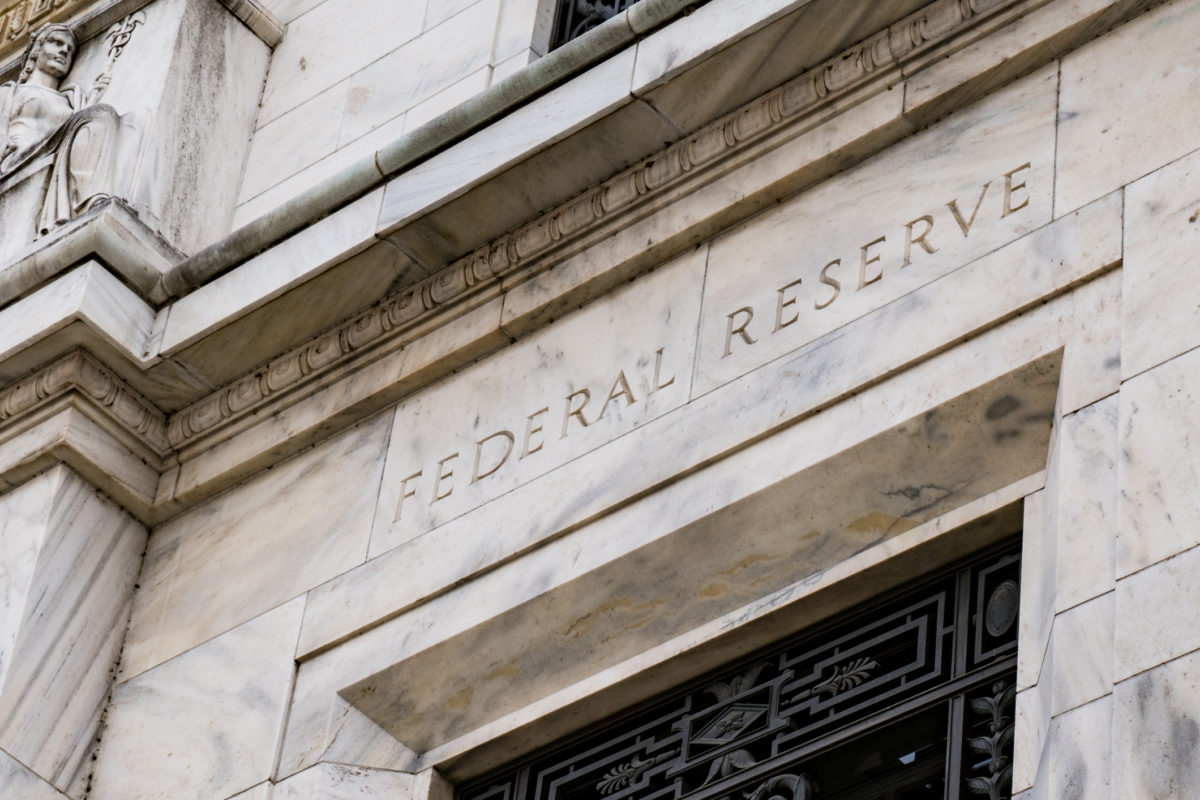For families contemplating retirement, the prospect of moving on to a new stage of life may feel even more uncertain than ever in light of the pressures and uncertainties brought on by the coronavirus. As advisors, we’ve come across two very common questions over the last few months from soon-to-be retirees:










